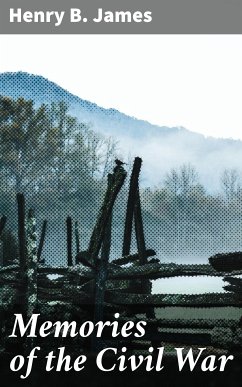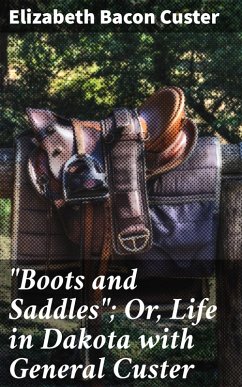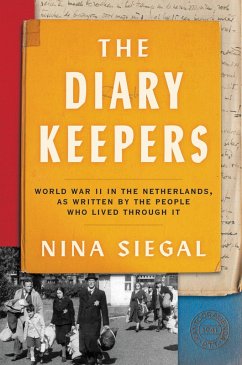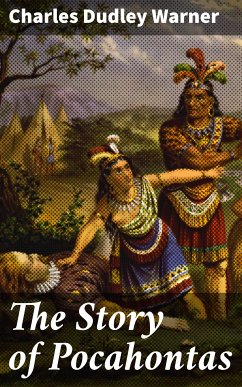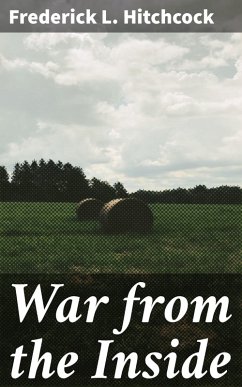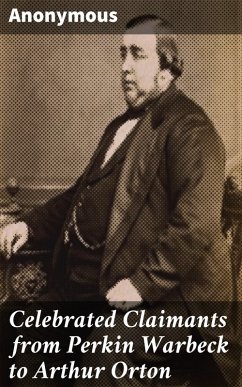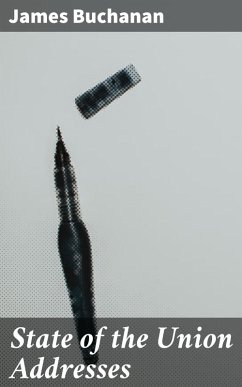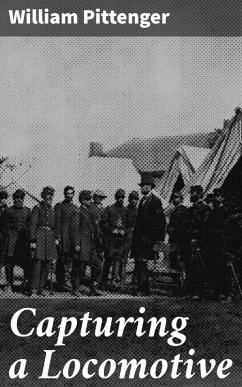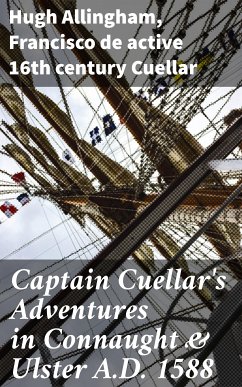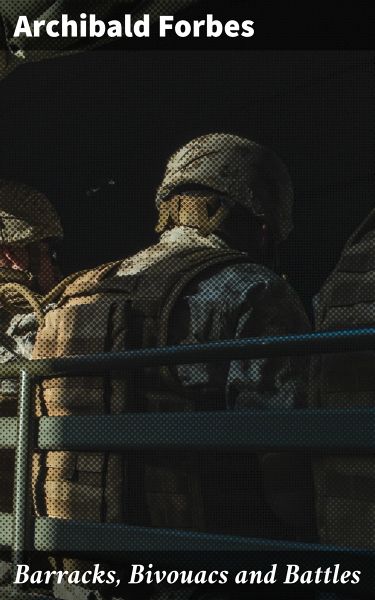
Barracks, Bivouacs and Battles (eBook, ePUB)
Enriched edition. A Journey Through Military Life and Warfare
Kommentar: Stevens, Alicia / Redaktion: Good Press
Versandkostenfrei!
Sofort per Download lieferbar
1,99 €
inkl. MwSt.
Weitere Ausgaben:

PAYBACK Punkte
0 °P sammeln!
In "Barracks, Bivouacs and Battles," Archibald Forbes presents a vivid chronicle of military life and the complexities of warfare during the late 19th century. Written with a combination of journalistic precision and narrative flair, Forbes blends personal anecdotes with broader military history, immersing readers in the experiences of soldiers in barracks and battlefields. The book serves as both a memoir and a social commentary, shedding light on the grim realities of war, the camaraderie forged in hardship, and the transformative effects of conflict on individuals and societies. Forbes's ke...
In "Barracks, Bivouacs and Battles," Archibald Forbes presents a vivid chronicle of military life and the complexities of warfare during the late 19th century. Written with a combination of journalistic precision and narrative flair, Forbes blends personal anecdotes with broader military history, immersing readers in the experiences of soldiers in barracks and battlefields. The book serves as both a memoir and a social commentary, shedding light on the grim realities of war, the camaraderie forged in hardship, and the transformative effects of conflict on individuals and societies. Forbes's keen observations and evocative prose echo the literary styles of naturalism and realism prevalent in the works of his contemporaries, providing an authentic portrait of military life during his era. Archibald Forbes, a distinguished war correspondent and journalist, possessed a unique vantage point from which to write this book. His first-hand experiences covering pivotal battles of his time, including the Franco-Prussian War, provided him with the raw material necessary to convey the true essence of military life. Forbes's intimate understanding of both the heroism and suffering of soldiers undoubtedly shaped his desire to elucidate the intricacies of warfare and its impact on human existence. "Barracks, Bivouacs and Battles" is essential reading for those interested in military history, journalism, or the psychological effects of warfare. Forbes's eloquent narrative invites readers to reflect on the human cost of conflict, making this work both a profound exploration and a lasting testament to the indomitable spirit of those who serve. In this enriched edition, we have carefully created added value for your reading experience: - A succinct Introduction situates the work's timeless appeal and themes. - The Synopsis outlines the central plot, highlighting key developments without spoiling critical twists. - A detailed Historical Context immerses you in the era's events and influences that shaped the writing. - A thorough Analysis dissects symbols, motifs, and character arcs to unearth underlying meanings. - Reflection questions prompt you to engage personally with the work's messages, connecting them to modern life. - Hand-picked Memorable Quotes shine a spotlight on moments of literary brilliance. - Interactive footnotes clarify unusual references, historical allusions, and archaic phrases for an effortless, more informed read.
Dieser Download kann aus rechtlichen Gründen nur mit Rechnungsadresse in A, B, BG, CY, CZ, D, DK, EW, E, FIN, F, GR, H, IRL, I, LT, L, LR, M, NL, PL, P, R, S, SLO, SK ausgeliefert werden.




